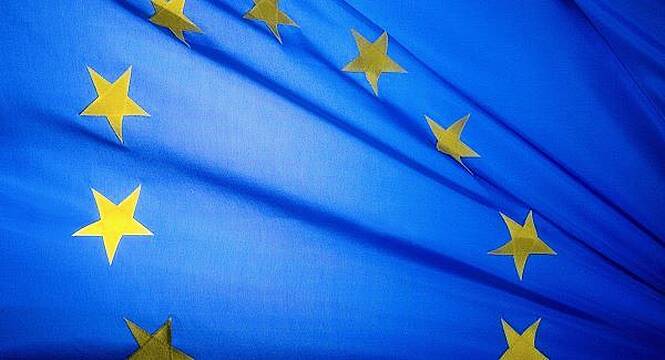Belarus opposition leader Sviatlana Tsikhanouskaya travelled to Brussels to try to convince the EU to follow through on its threat to impose sanctions on some 40 Belarusian officials over the disputed vote on August 9th.
A sixth straight weekend of protests against President Alexander Lukashenko's 26-year rule was not enough to sway the EU, however, even as Ms Tsikhanouskaya asked ministers to show courage.
"Although there is a clear will to adopt the sanctions, the required unanimity was not reached," the EU's top diplomat Josep Borrell, who chaired the meeting of foreign ministers, told reporters, referring to EU rules that all 27 states must agree.
Cyprus has said it can only agree to the Belarusian sanctions when the EU also imposes sanctions on its neighbour, Turkey, in a separate row that has raised tensions in the Eastern Mediterranean.
Approval is still possible by EU leaders at a summit tomorrow and Mr Borrell said that by the next time foreign ministers meet on October 12th, the sanctions would be agreed. But he also acknowledged the paralysis was damaging for the EU's image.
"If we are not able to [approve Belarus sanctions], then our credibility is at stake," Mr Borrell told a news conference.
The EU said in late August it would impose asset freezes and travel bans on Belarusian officials.
Cyprus says it supports sanctions on Belarus but wants the bloc to act over Turkey as well.
"Our reaction to any kind of violation of our core, basic values and principles cannot be a la carte. It needs to be consistent," Foreign Minister Nikos Christodoulides said.
Ms Tsikhanouskaya also took her appeal to the European Parliament earlier today, winning support from EU lawmakers, who last week said they would not recognise Mr Lukashenko's legitimacy when his term ends in November.
The presidents of Lithuania, Poland and Romania also said on Monday they will ask EU leaders at this week's summit to offer an economic support package for Belarus if it holds a democratic election.
That would include a favourable trade regime with the EU, visa-free travel and support as a candidate for the World Trade Organization.
"EU leaders have reasons not to push sanctions but I asked them to be more brave," Ms Tsikhanouskaya, who fled to Lithuania after the election, told reporters after meeting foreign ministers.
"Sanctions are important in our fight because it's part of pressure that could force the so-called authorities to start dialogue with us in the opposition council." -Reuters







